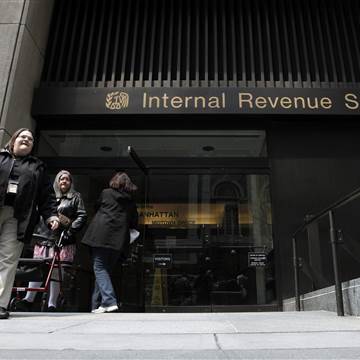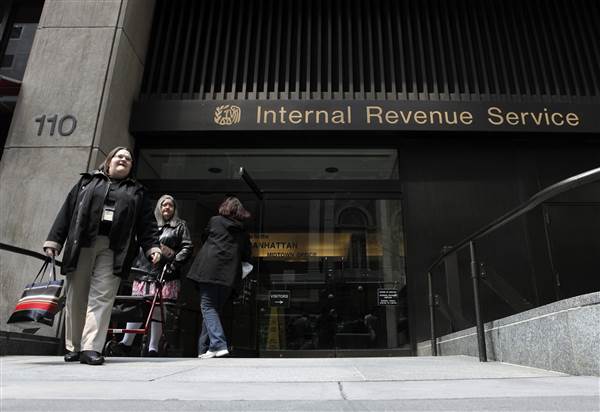Ghosts and witches and monsters — oh my! Halloween brings out so many things meant to send a shiver down your spine. But there are some things even more frightening than Frankenstein, and many of them are financial.
How about the fact that the total amount of consumer credit card debt is over $729 billion and climbing, according to a NerdWallet study? That’s $15,675 owed by the average U.S. household carrying credit card debt. Or that one in three Americans has $0 saved for the future? Or that the IRS saw a 400 percent surge in phishing and malware incidents during the 2016 tax season?
Shriek-worthy, indeed. So here are some suggestions for how to get out of the scariest financial situations.


You’re in Credit Card Debt
Sit down and make a list of how much you owe on each card and — this is key — the interest rate on each one. Then, you can choose whether to attack the highest interest rate debt first (that will save you the most money) or the smallest debt first (which could help keep you motivated because you’ll eliminate cards more quickly.
Pay as much as you can on the first debt, and when you’ve gotten rid of that one, apply those funds to the next one in line. It may also help to call your credit card companies and ask for a reduction in your interest rates. Tell them candidly that you’re having a hard time making payments, you can only pay a certain amount a month and could they lower your interest rates, suggested Craig Lemoine, chartered financial consultant program director at the American College of Financial Services.
Related: Bankruptcy protection won’t get you out of paying these bills
“They’re likely to work with you because something is better than nothing on their bottom line,” he said. And while you’re in debt repayment mode, keep those cards on lockdown to prevent against future spending.


You’re Behind on Retirement Savings
There’s nothing quite as frightening as realizing you’re 40 or older and haven’t been saving for retirement. But don’t let that fear paralyze you — let it motivate you.
“It’s never too late to begin saving for the future,” says Lemoine. “Every dollar you save today can grow and can compound.”
Let’s paint a picture. Say you’re 40, and you save $1,000 a month. That’s not easy, but making budget changes or picking up a side gig could potentially get you there. Assuming a 7 or 8 percent market return, you’d still have over a million dollars by the time you were 65.
“Maybe it’s not the two or three million dollars your 20-year-old self would have wanted, but it’s definitely a nest egg you can start planning with,” says Lemoine. And starting at age 50, many retirement plans have catch-up contributions that allow you to sock away an extra $1,000 or more a year.


The Stock Market Craters
“In the past 15 or 20 years, we’ve seen a number of major bear markets that have done serious damage to investors who became emotional and sold at the bottom,” says Paul Jacobs, certified financial planner and chief investment officer at Palisades Hudson Financial Group.
Ready yourself for the fact that there will — sometime — be another one, and that it isn’t cause for panic. The investors who got hurt during the 2008 crash were the ones who sold and never got back in, not the ones who stayed the course.
So, do whatever’s necessary to keep your emotions separate from your investment decisions. If the numbers are keeping you up at night, make a point to only check your investments (and re-balance your portfolio) once every six months or once a year.
If you’re still worried, consider hiring a financial advisor whose job it is to prevent you from making knee-jerk decisions you could regret later.


The IRS Contacts You
The number-one thing to know: The IRS will never, ever call you to demand immediate payment, threaten to immediately bring in police to arrest you or ask for card numbers over the phone. If you receive a call seemingly from the IRS, no matter how legitimate it sounds, hang up.
Unless you receive a letter via snail mail, put it out of your mind. But if you want peace of mind, look up the official IRS phone number to call. And if you do receive a letter in the mail? Two words: Document. Everything. Keep copies of all your documents, the letters you send in and the ones you receive. If you’d like support, consider hiring a CPA or an IRS Enrolled Agent to advise you.
With Hayden Field
What’s More Scary? A Haunted House or Your Credit Card Debt? have 791 words, post on www.nbcnews.com at 2016-10-30 03:44:31. This is cached page on WBNews. If you want remove this page, please contact us.
